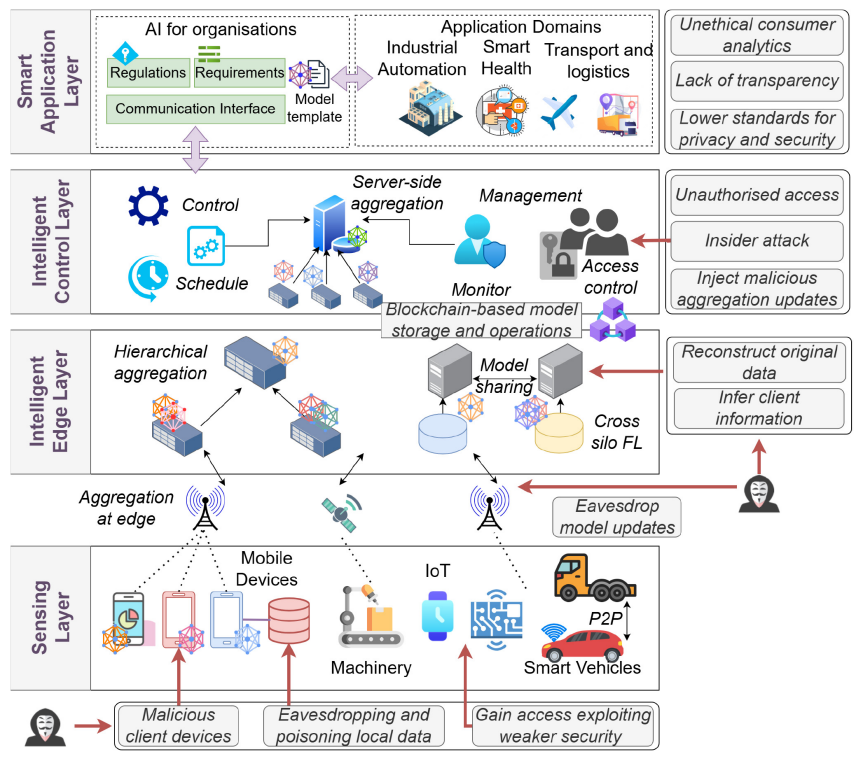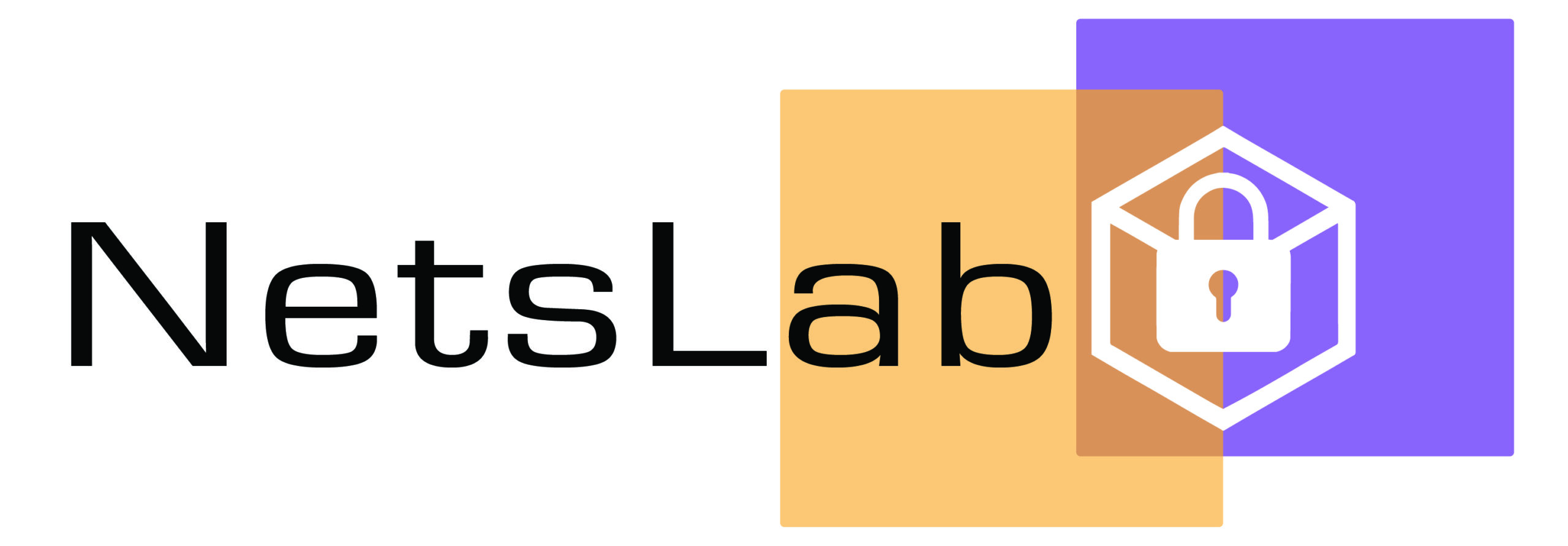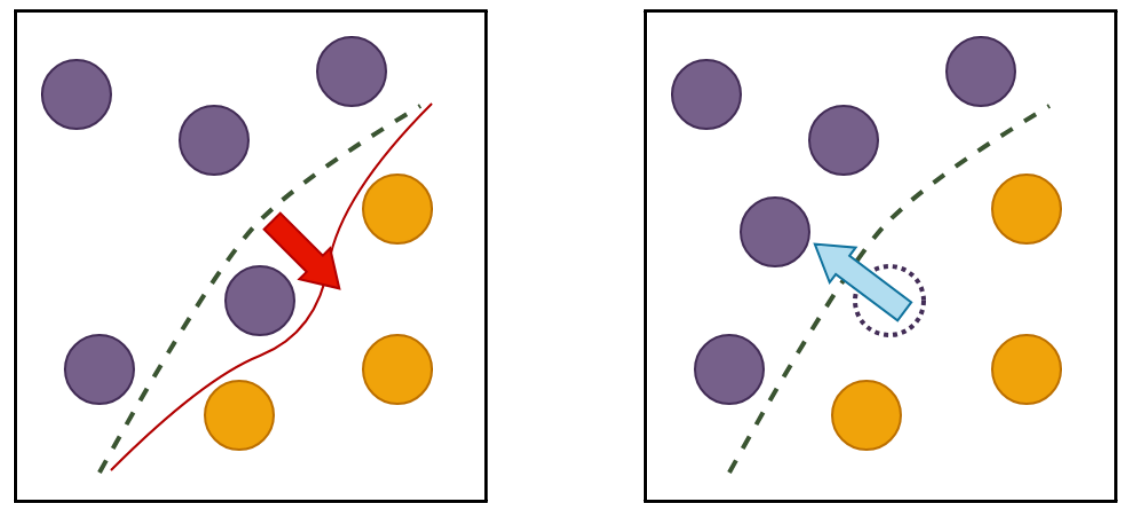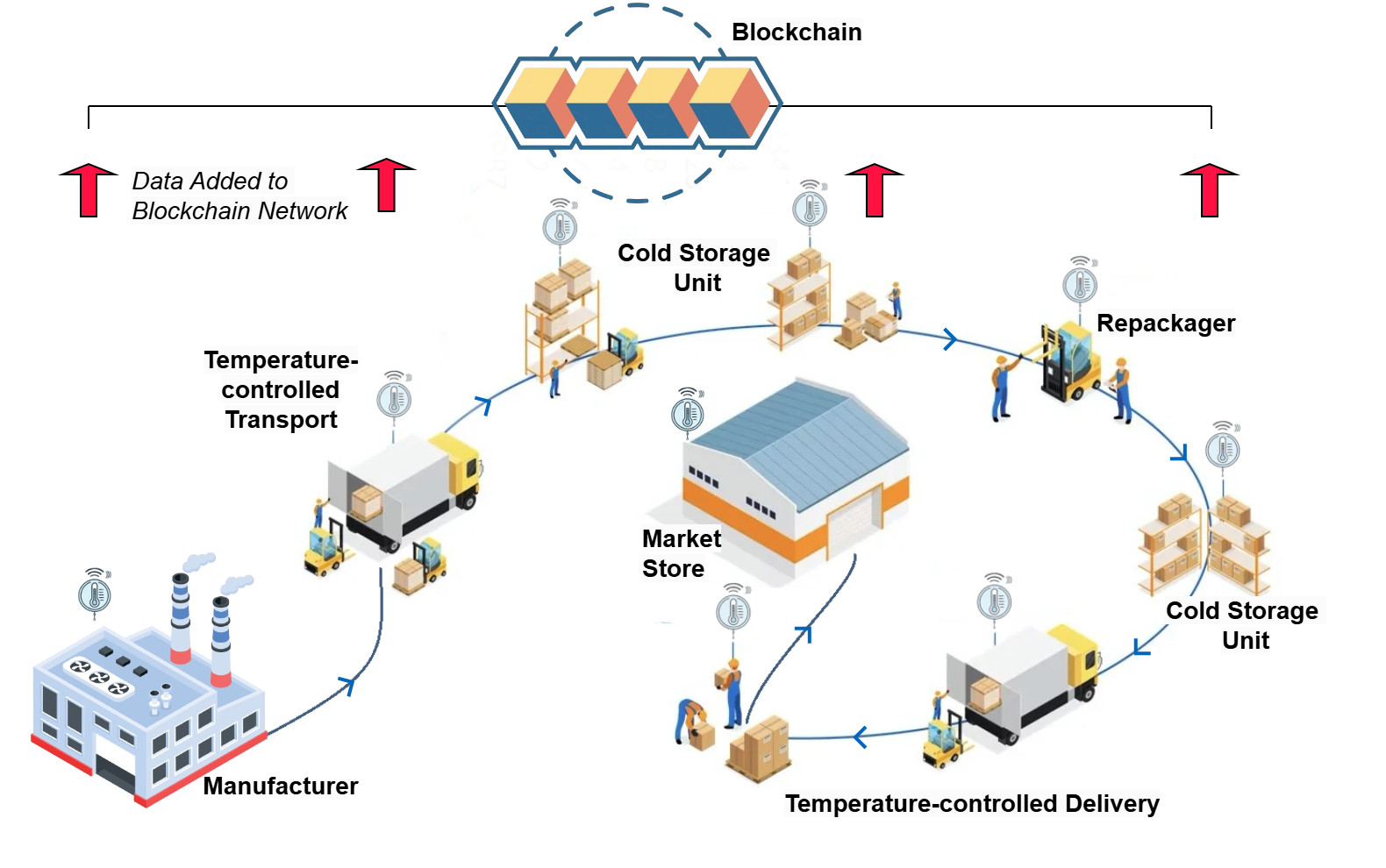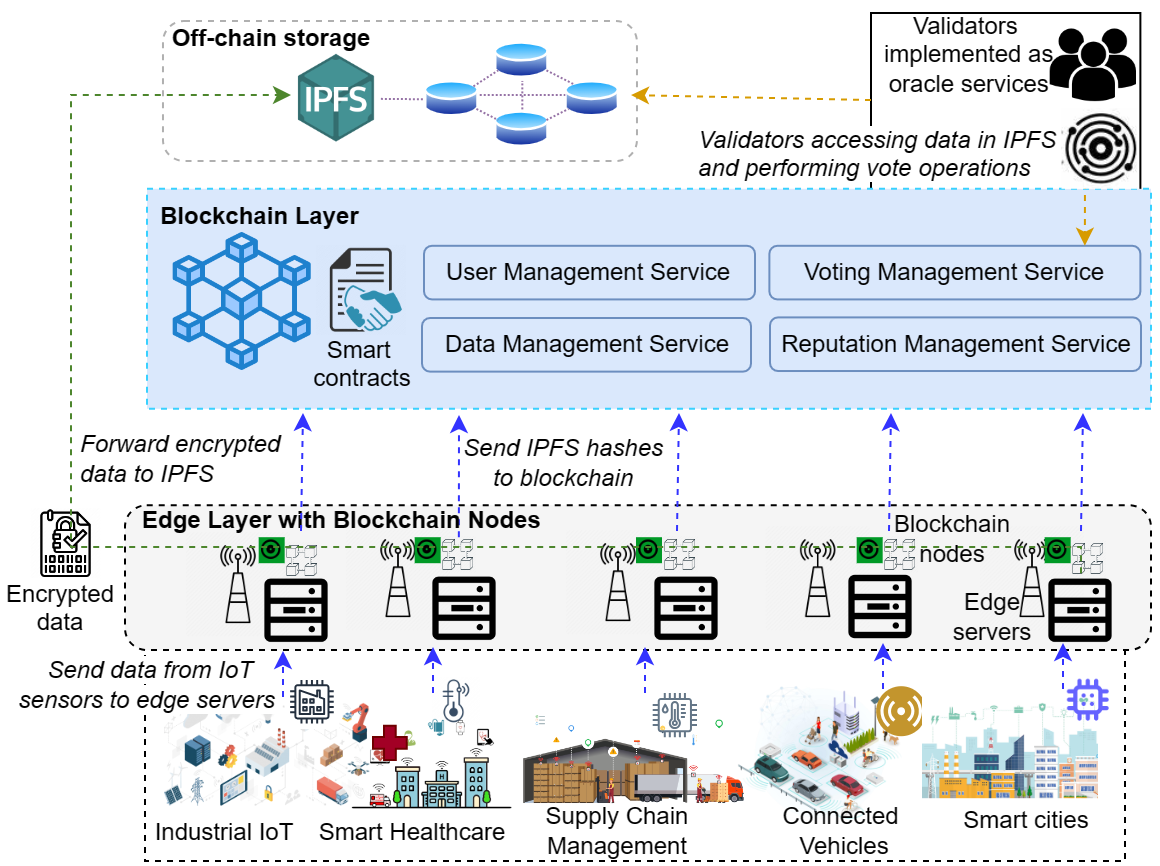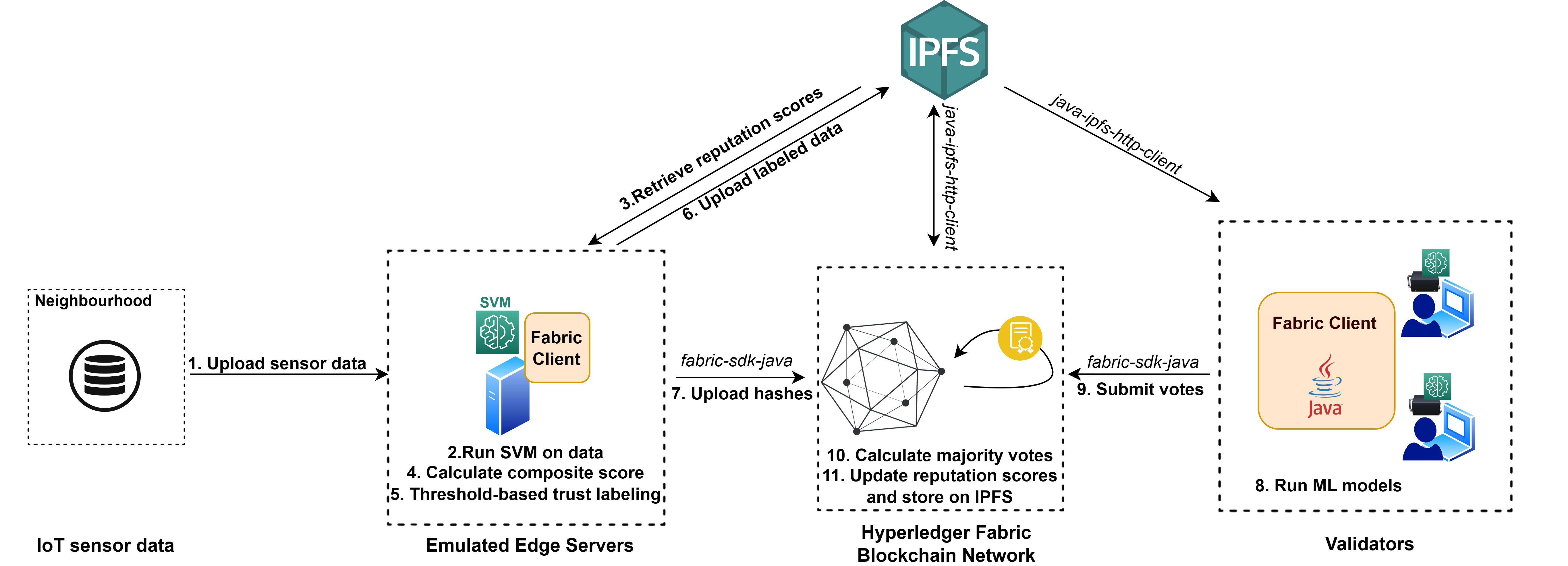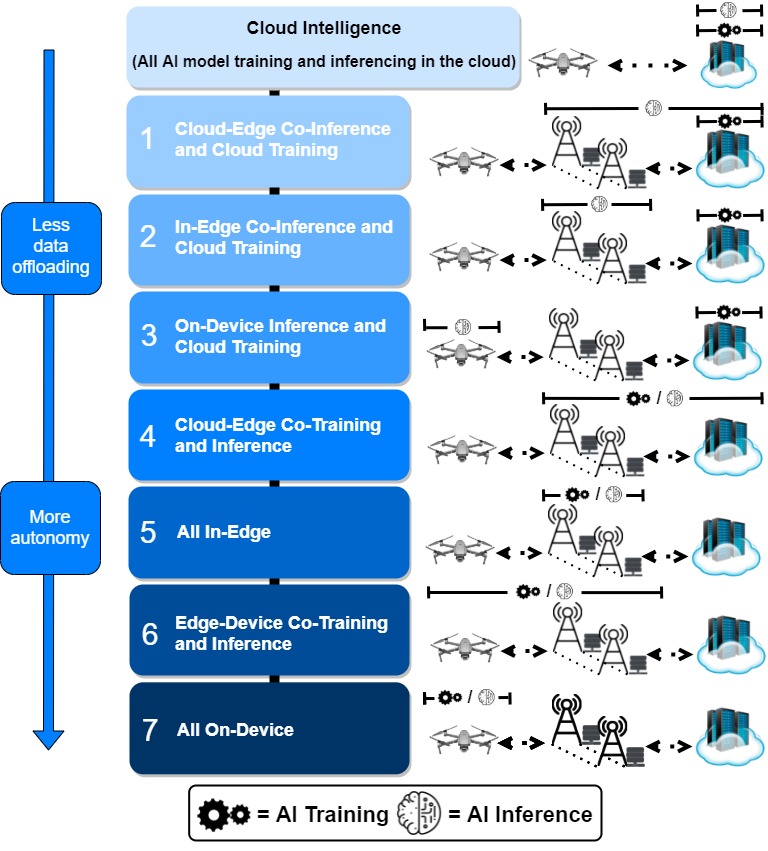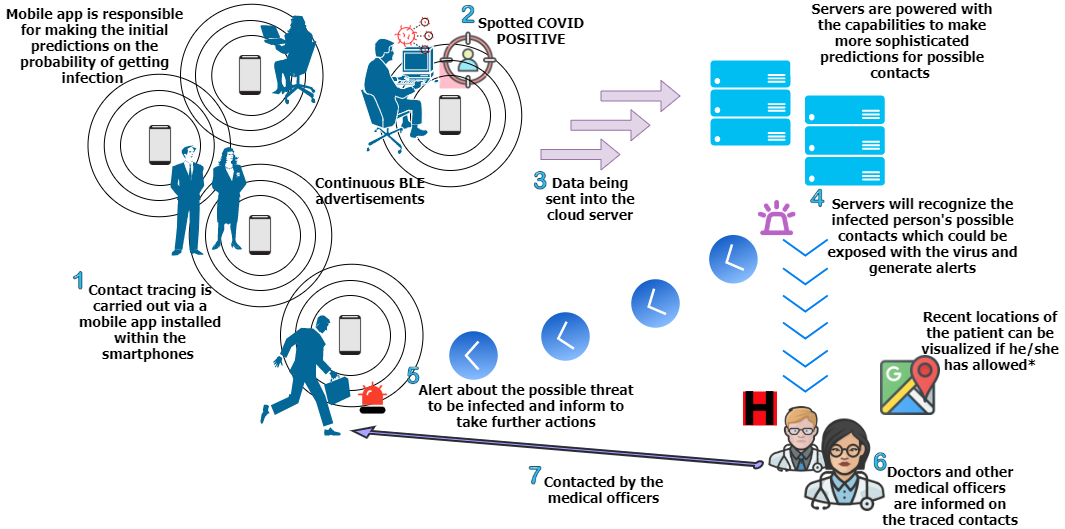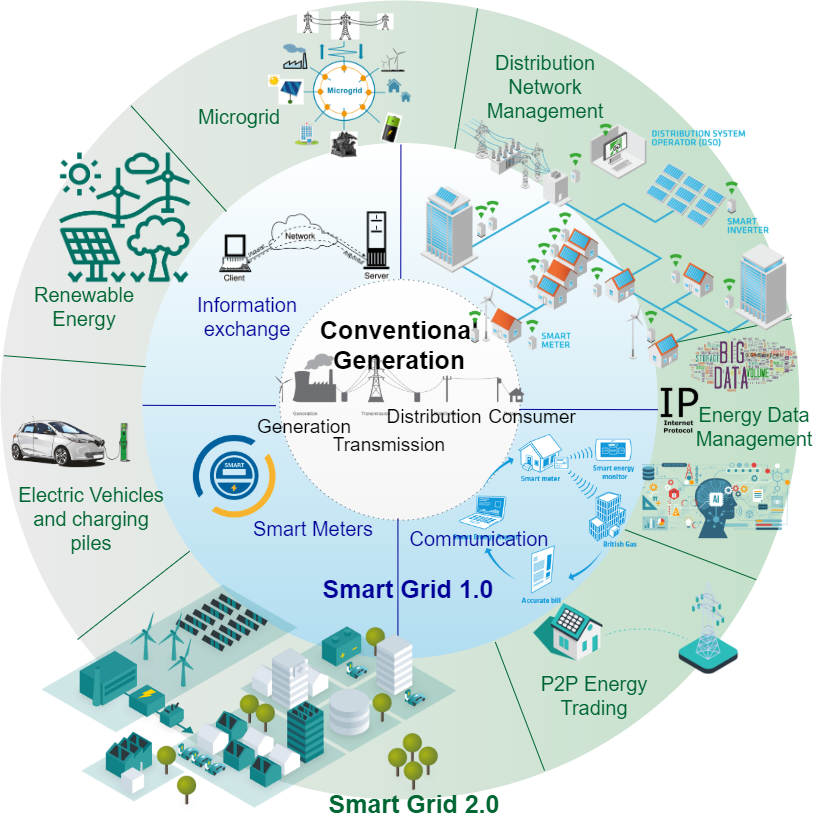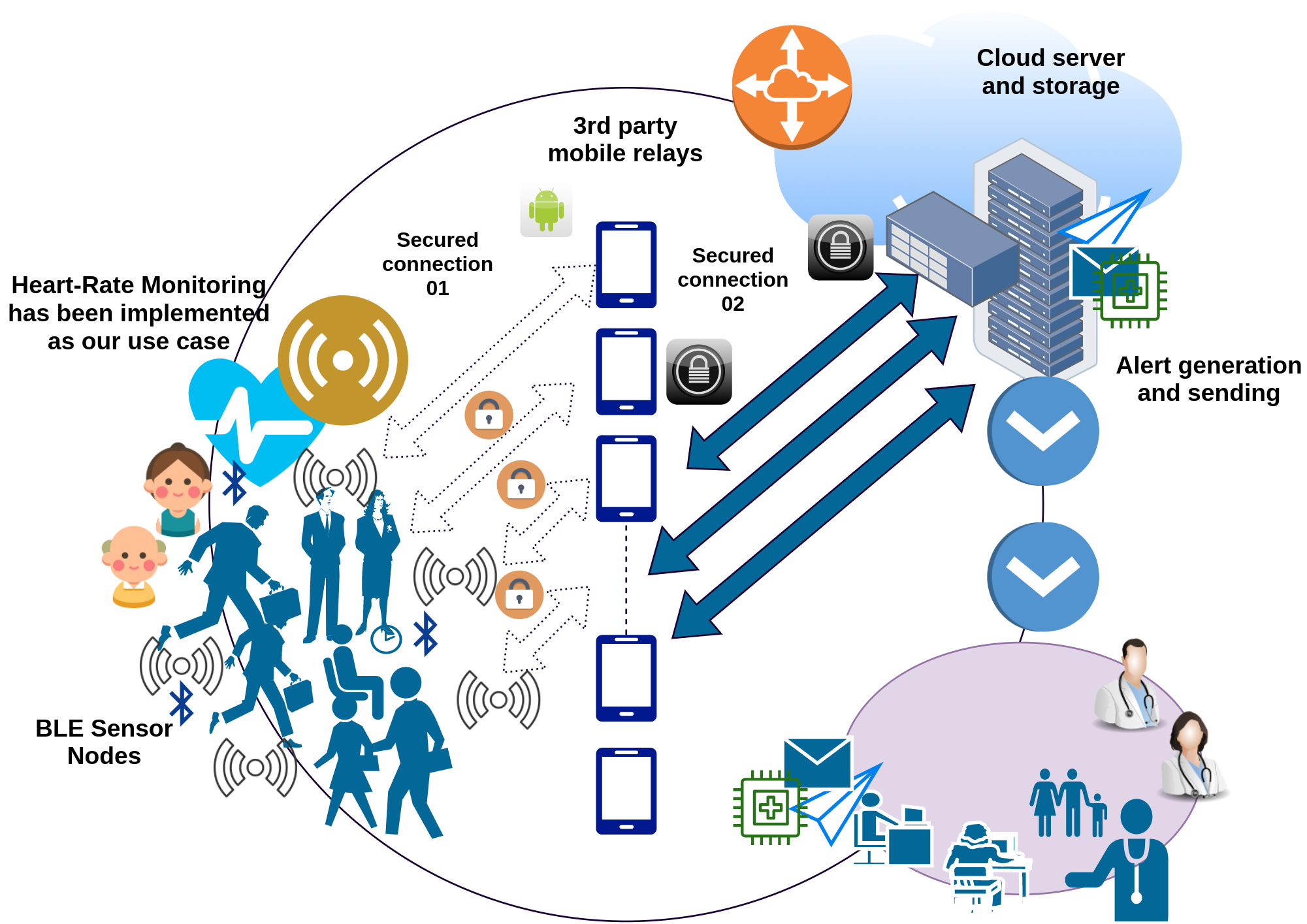The upcoming Sixth Generation (6G) networks aim for fully automated, intelligent network functionalities and services. Therefore, Machine Learning (ML) is essential for these networks. Given stringent privacy regulations, future network architectures should use privacy-preserved ML for their applications and services. Federated Learning (FL) is expected to play an important role as a popular approach for […]
Read More